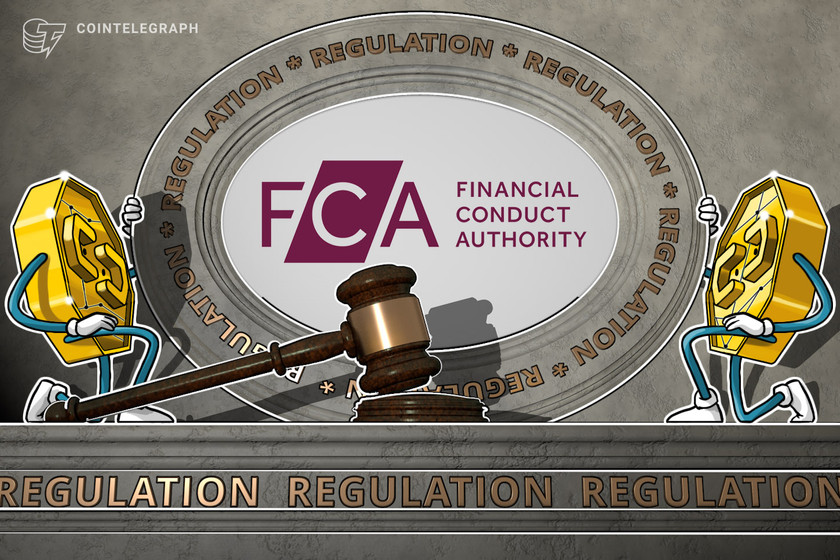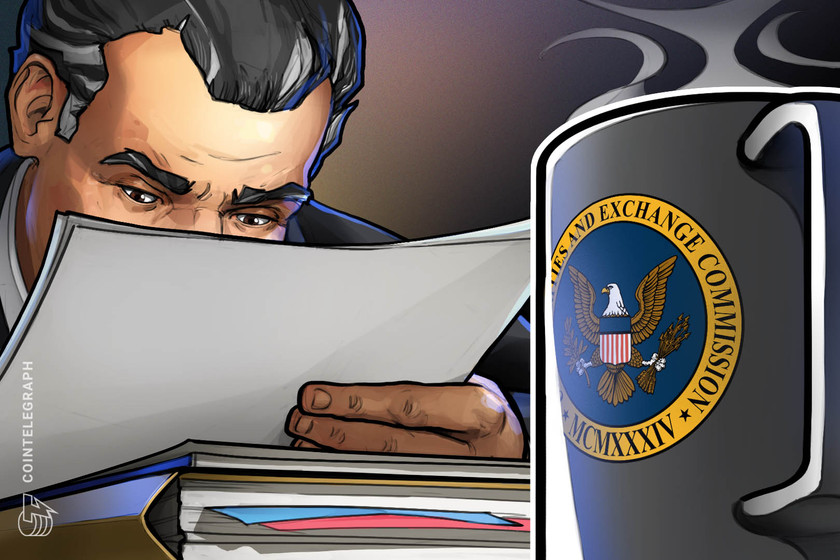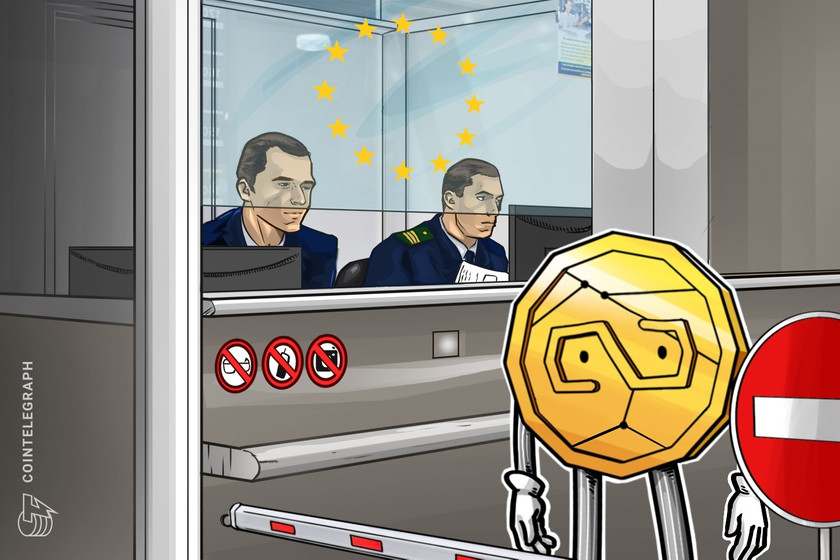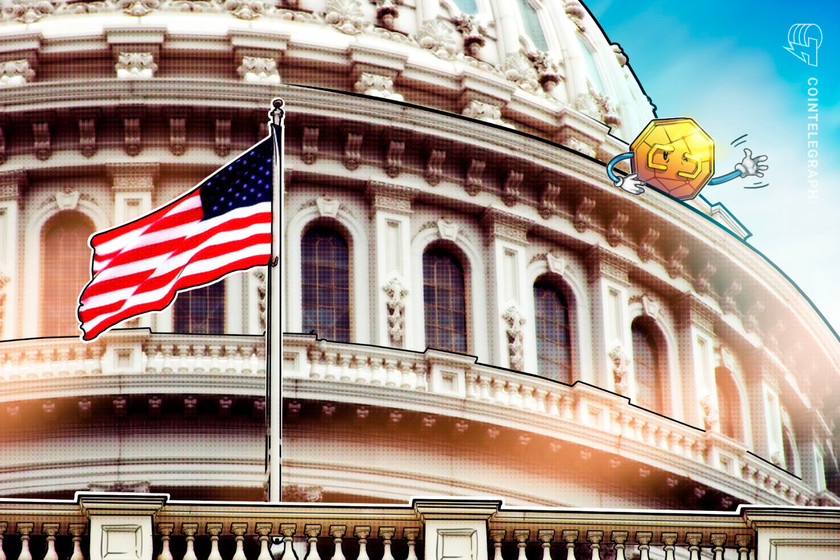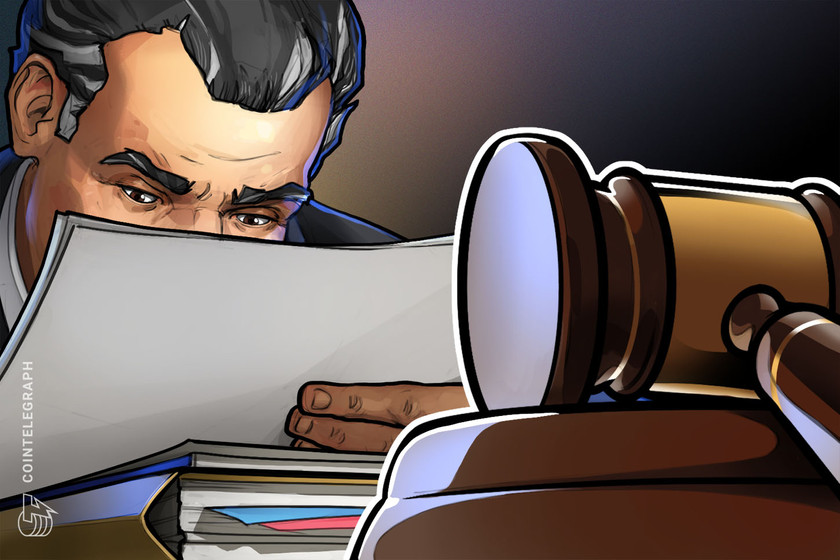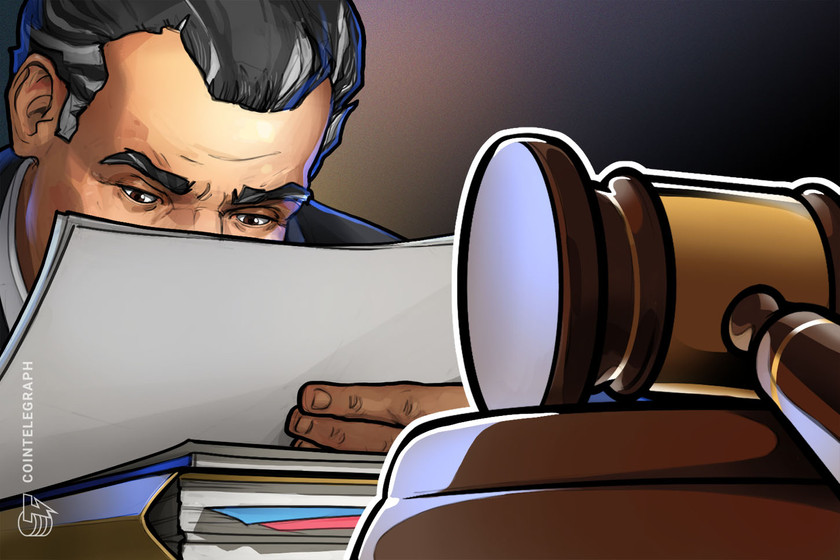FCA green lights Revolut, making no UK crypto firms operating under temporary status


Revolut had been the last “holdout” out of the 12 companies originally granted FCA temporary registration to continue offering crypto services in March.
The United Kingdom’s Financial Conduct Authority, or FCA, has added cryptocurrency-friendly payments app Revolut to its list of companies authorized to offer crypto products and services in the country.
In a Monday update to its list of registered crypto asset firms in the U.K., the FCA showed Revolut was in compliance with amended regulations from 2017 on “Money Laundering, Terrorist Financing and Transfer of Funds.” The fintech firm joined 37 other companies with the green light to offer crypto services in the country after being granted an extension to operate as a crypto asset firm with temporary registration in March.
Firms offering crypto-related products and services in the U.K. are permitted to operate following registration with the FCA, a rule in force since 2020. However, following a crackdown in the country on Anti-Money Laundering, or AML, and Combatting the Financing of Terrorism, or CFT, requirements, many companies, including Revolut, were granted temporary registration status, allowing them to operate while seemingly waiting for full compliance.
At the time of publication, there were no crypto asset firms still operating under the FCA’s temporary status. Revolut had been the last “holdout” out of the 12 companies originally granted temporary registration in March.
A Sept. 5 report from the Financial Times suggested the U.K. Financial Reporting Council found flaws in an audit of Revolut, which included an “unacceptably high” risk of “material misstatement.” As of July 31, Revolut was valued as a $33-billion fintech firm following an $800-million investment round.
Related: FCA highlights limited role as unregistered businesses continue to operate
There has been a major shakeup in the U.K. politically following Prime Minister Liz Truss replacing Boris Johnson and the subsequent death of Queen Elizabeth II. The government announced on Sept. 22 that lawmakers had introduced the Economic Crime and Corporate Transparency Bill — legislation aimed at empowering the country’s National Crime Agency to “seize, freeze and recover” crypto assets. However, Truss’ Economic Secretary Richard Fuller has also spoken of making the U.K. the “dominant global hub for crypto technologies.”

